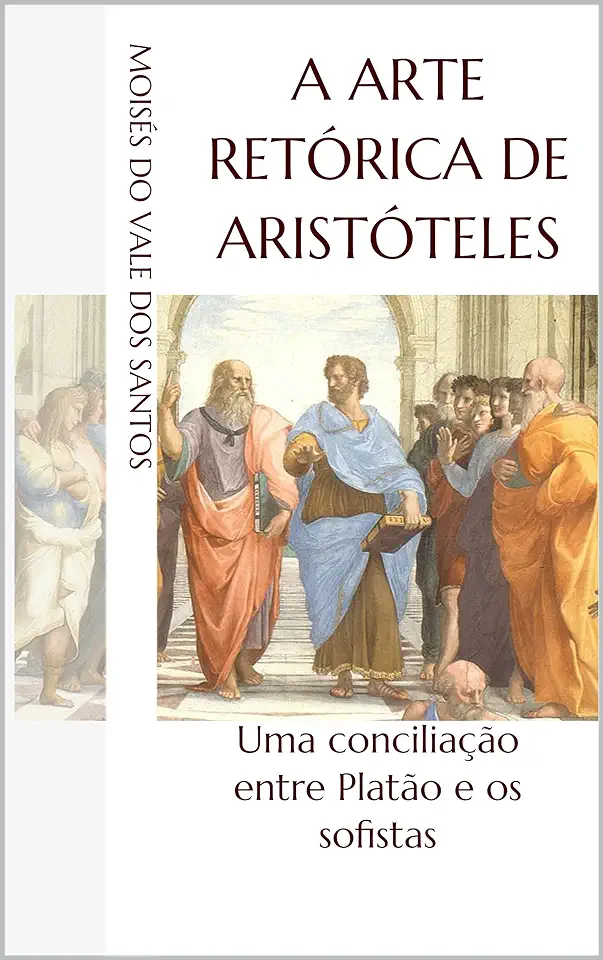
Topics / of the Sophistical Arguments - Aristotle
Topics of the Sophistical Arguments - Aristotle
A Comprehensive Guide to Identifying and Defending Against Sophisticated Arguments
Aristotle's Topics of the Sophistical Arguments is a seminal work in the field of logic and argumentation. Written over two thousand years ago, this treatise remains as relevant and insightful as ever, offering a systematic analysis of the various types of fallacies and deceptive arguments that can be employed to mislead and manipulate.
Understanding the Nature of Sophistical Arguments
Aristotle begins by defining sophistical arguments as those that appear to be valid but are actually flawed or misleading. He argues that these arguments are often used intentionally to deceive or confuse an audience, and that they can be particularly dangerous because they can be difficult to detect.
Identifying Common Fallacies
Aristotle then proceeds to identify and explain a wide range of fallacies, including:
- Fallacies of ambiguity: These fallacies arise from the use of ambiguous or equivocal language, which can lead to different interpretations and misunderstandings.
- Fallacies of relevance: These fallacies occur when irrelevant or unrelated information is introduced into an argument, often to distract or confuse the audience.
- Fallacies of circular reasoning: These fallacies occur when the conclusion of an argument is used as a premise to support itself, creating a circular loop of reasoning.
- Fallacies of false cause: These fallacies occur when a cause-and-effect relationship is assumed without sufficient evidence, often leading to incorrect conclusions.
Defending Against Sophistical Arguments
In addition to identifying fallacies, Aristotle also provides strategies for defending against them. He emphasizes the importance of careful reasoning, critical thinking, and the ability to recognize and analyze arguments in a systematic way. By following these principles, individuals can become more resistant to manipulation and deception, and more capable of engaging in productive and informed discussions.
The Enduring Value of Aristotle's Work
Aristotle's Topics of the Sophistical Arguments has stood the test of time as a foundational work in the field of logic and argumentation. Its insights into the nature of fallacies and deceptive arguments remain as valuable today as they were over two thousand years ago. By studying this work, readers can gain a deeper understanding of the art of reasoning and become more effective communicators and critical thinkers.
Why You Should Read This Book
If you are interested in improving your critical thinking skills and becoming more resistant to manipulation and deception, then Topics of the Sophistical Arguments is a must-read. This comprehensive guide will provide you with the tools you need to identify and defend against fallacious arguments, and to engage in more informed and productive discussions.
Order Your Copy Today!
Don't miss out on this opportunity to enhance your intellectual toolkit. Order your copy of Topics of the Sophistical Arguments today and start your journey towards becoming a more discerning and effective thinker.
Enjoyed the summary? Discover all the details and take your reading to the next level — [click here to view the book on Amazon!]